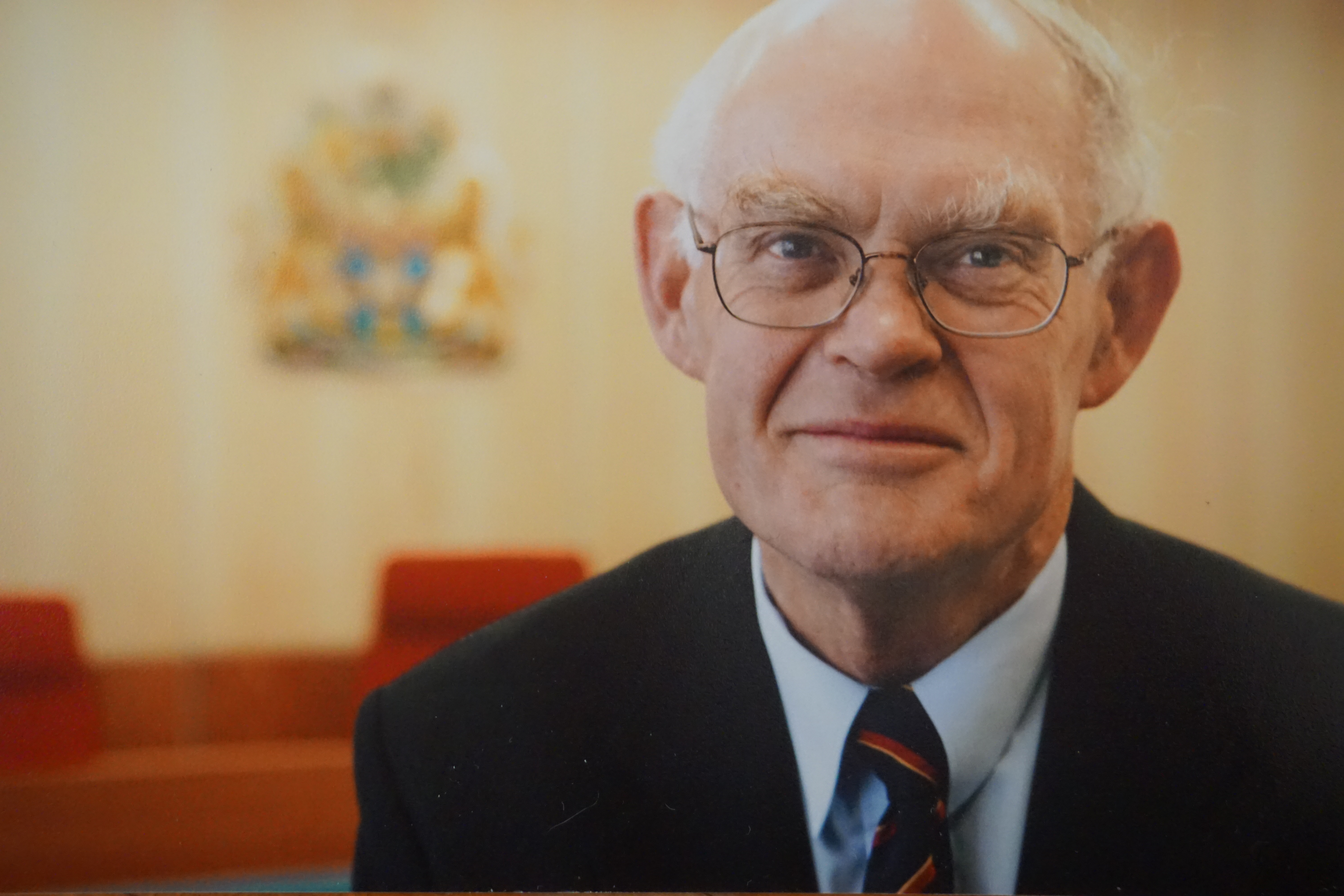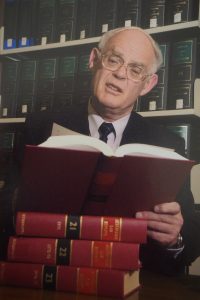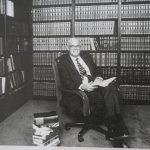Written by Julia Day
If there has even been a legal case that reflects the sentiment of the David and Goliath story, it is Pape v Commissioner of Taxation[1].
Many of you will remember the Global Financial Crisis (GFC) which struck in 2007. Share markets around the world plummeted and there was global panic surrounding the banking system. The Australian government attempted to mitigate the economic impacts of the GFC by devising a large scale stimulus package. As part of this initiative, eligible Australian residents were to be given approximately $1,000 under the Tax Bonus Act 2009 (Cth).
Bryan had been waiting for an opportunity to launch an action relating to the Appropriation Powers in the Constitution. He was deeply concerned our system of federalism was being compromised and the Commonwealth was impinging on the power of the states. Interestingly enough, the payments themselves were not of concern to Bryan. It was the way the payments were happening. In fact, Paul and Cameron remember Bryan arriving at the School of Law one day and saying with a cheeky grin: ‘I’ve worked out how the money can be distributed constitutionally.’
Bryan Pape was a man of considerable intellect, tenacity and gumption. He was undaunted that the odds were against him when launching the action in the High Court. This is not to mention the fact that bringing this action made him wildly unpopular with the general public.
Bryan had a lot to lose both personally and professionally by undertaking this action. Professionally, Bryan’s employers were not supportive. When it was suggested it would be better if he wrote an article about the issue rather than undertake the action, Bryan retorted with ‘would you rather hear from the engineer who built an iconic structure or an academic who merely wrote about the structure being built?’
In terms of personal risk, the High Court could have awarded considerable costs against him- his family home was at risk. Luckily, on the second day of the case each of the parties agreed to cover their own costs. This must have been a considerable relief to Bryan.
There was no clear ratio in the case but there was a 4:3 split on some of the issues. Even though Bryan did not technically win the case, he was successful in terms of cementing himself in legal history. He also highlighted the constitutional issues he was so passionate about. The Pape case signalled the beginning of the contraction of power of the executive. It was the first time in decades that the Commonwealth’s powers had been wound back in relation to the states. In effect the executive no longer had unlimited power to do whatever it wanted. Pape also laid the foundations for later judgments relating to executive power. Dr Cameron Moore in his book The Crown and the Sword noted ‘The reasoning in Pape on limits to the power of the executive to spend together with concerns for the limitations of federalism and the separation of powers laid the foundations for the later judgments in Williams.’
Dr Patrick Graham notes ‘though I did not meet Bryan, it’s striking that his name regularly comes up when I meet people at legal conferences overseas. He is inextricably linked to our Law School. Central to the rule of law is the principle that everyone stands equal before the law: including, and perhaps most important, our government. Bryan’s challenge to the constitutionality of the federal government’s actions is testament to that ideal and it’s crucial that people speak up, like Bryan did, when they feel that the rule of law is undermined.’
Paul Sattler, who was tutoring the course ‘Constitutional Law’ at the time of the Pape case remembers talking to his students about its significance. Whilst referring to AAP v Davis Victoria v Commonwealth and Hayden[2] Paul told his students: ‘one of my colleagues is today arguing this exact point before the High Court.’ Paul recalls saying to his students ‘in 40 or 50 years’ time, people are still going to be talking about this case.’ Of course Paul’s predictions were right as Pape is still widely cited and discussed.
It is fair to say most students did not understand the significance of the case. In fact, the first reaction from many students was ‘we just want our cheque.’ They did start to reassess their position once they realised the significance of the case. Braeden Donnelly, who was then studying law, travelled to Canberra to see Bryan in action in the High Court.
Unfortunately Bryan died in 2014. He is very sadly missed by members of the UNE School of Law. His life and achievements will be celebrated at the forthcoming UNE School of Law’s 25th Anniversary Dinner.
[1] (2009) 238 CLR 1
[2] (1975) 134 CLR 338, 397.








